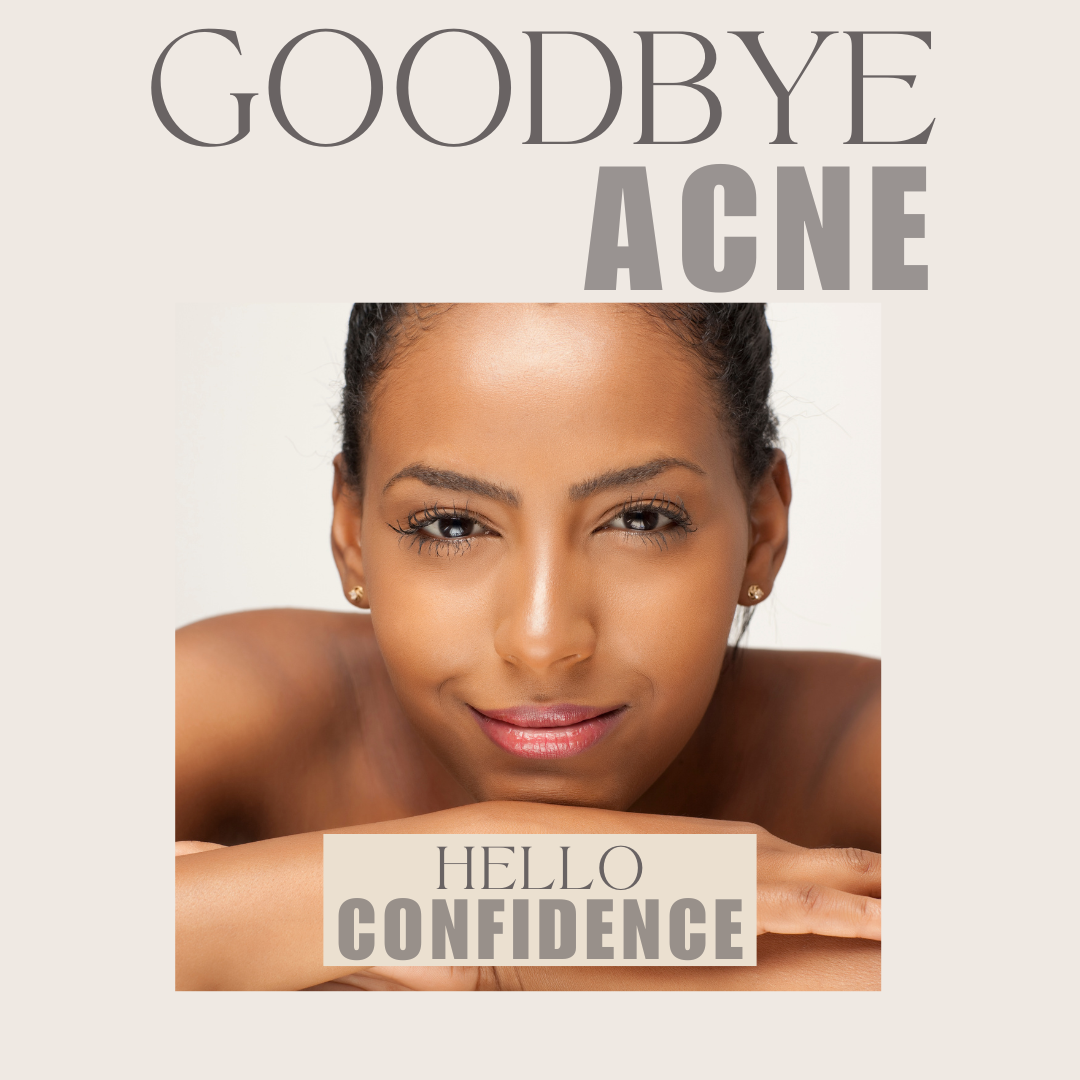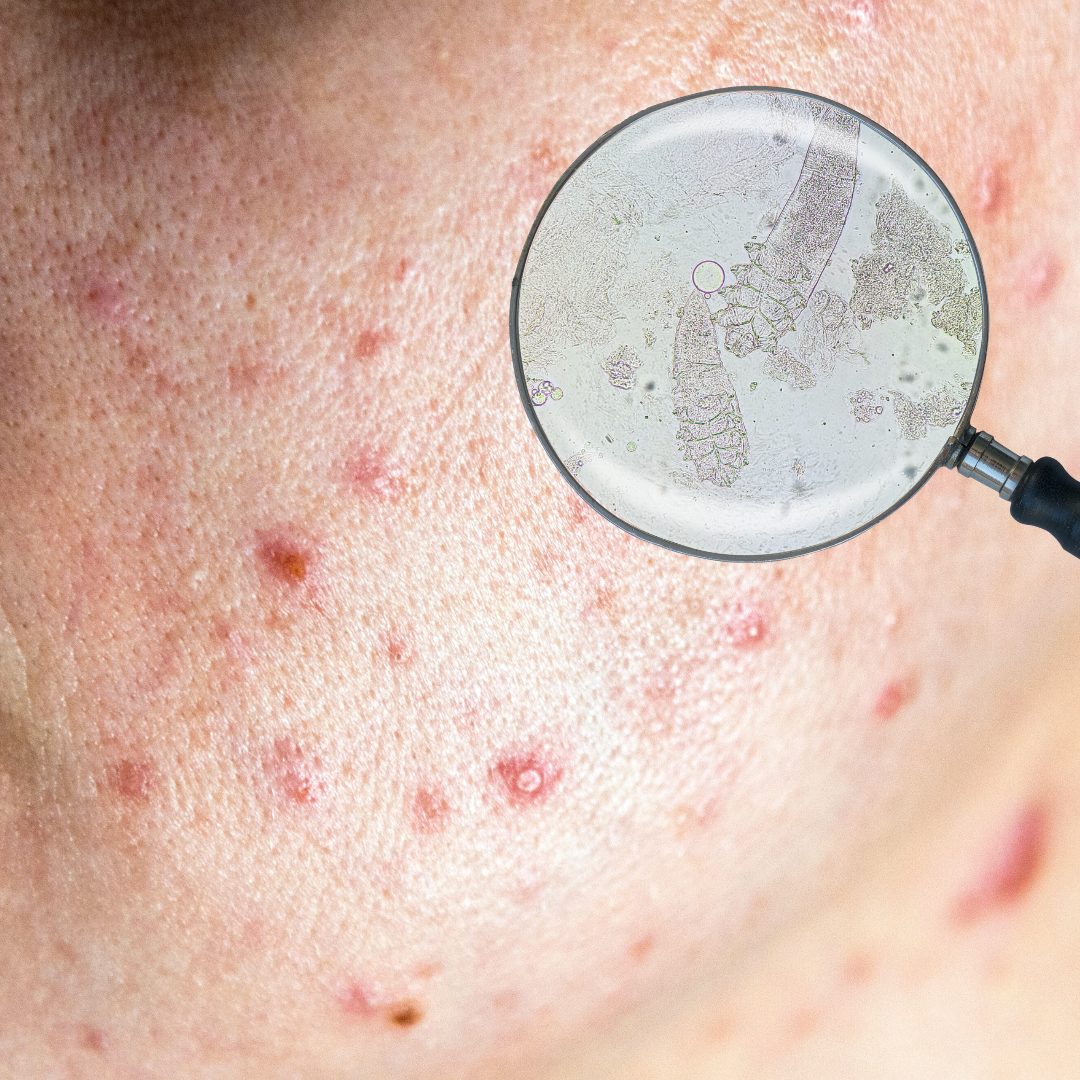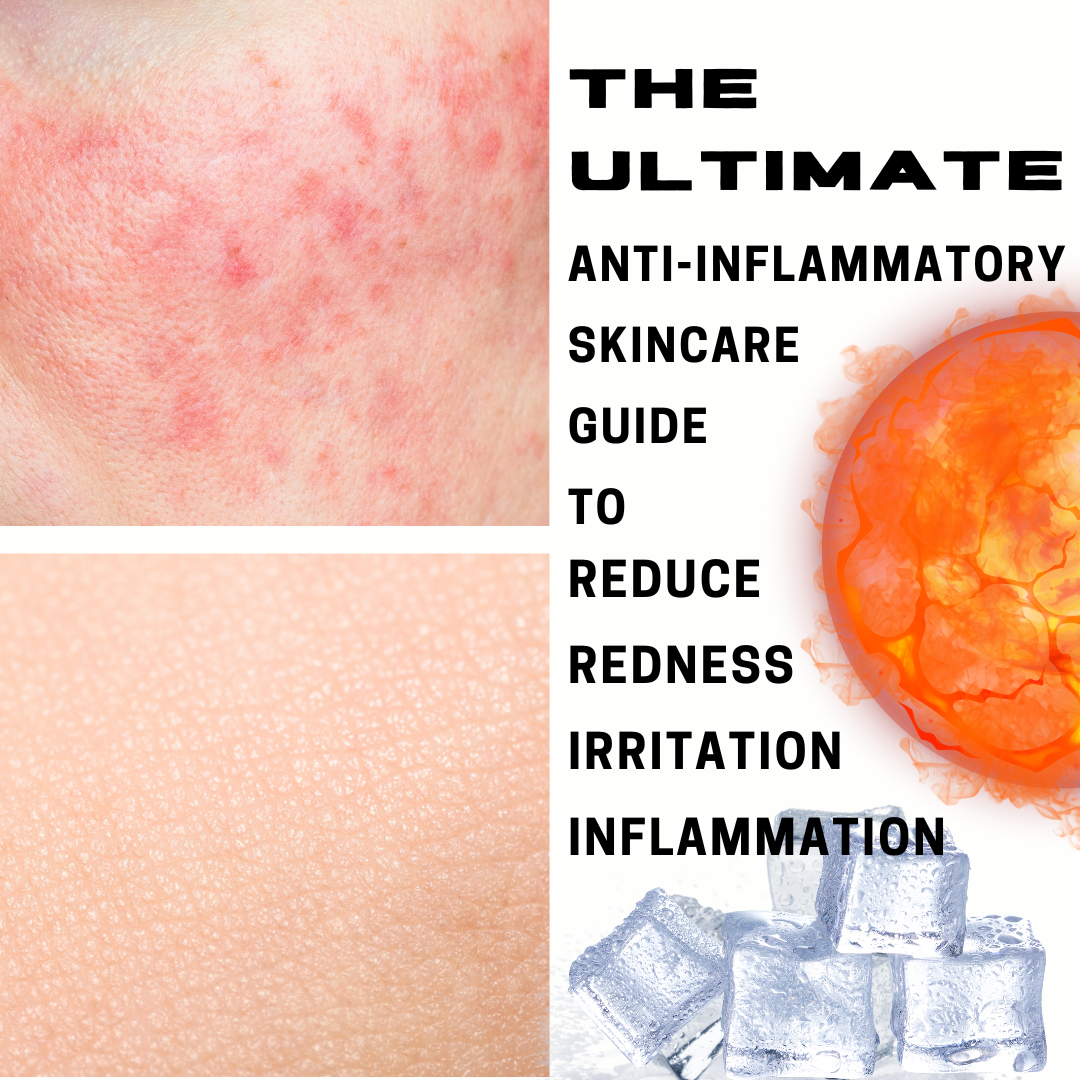

Are Demodex Mites The Hidden Culprit Behind Your Stubborn "Acne"?
Experiencing persistent acne that doesn't respond to treatments can be deeply frustrating and confusing. Sometimes, despite diligent efforts with various skincare products and treatments, acne stub...
Read all
Goodbye Redness and Irritation! Discover the Top Anti-Inflammatory Hacks Celebrities Swear By!
The Ultimate Guide to Anti-Inflammatory Skincare Inflammation is one of the most common skin concerns, and it can manifest in various forms, from redness and irritation to more severe conditio...
Read allLet customers speak for us
from 15 reviewsThis cleanser is so luxourios. A tiny bit make tons of suds and gets my face so clean without stripping it. It smells great too! Most skincare products that claime to be non-clogging really aren't when you check the ingredients but I have check all the ingredients of every Empowered Skincare product I've ordered and they really are noncomedogenic!

I love this serum! I am finishing up my first bottle and just ordered a second bottle. It has the best consistency and absorbs into the skin super fast without leaving behind a greasy feel. I am obsessed with the smell and don’t find it overpowering at all…it’s actually quite calming. I don’t struggle with acne, but do get the occasional breakout. This has helped with that as well as my overall complexion. I am feeling you this is a must have multitasking serum.
Love this product. Helps my 55 year old, acne prone skin stay blemish free
The serum is so nice & light - hydrating but not oily or sticky, a dry feeling without being drying. I LOVE the smell! I don’t care how much it would cost, I’d pay to have this in a body oil or lotion, perfume - anything to where I could smell like this all day! It’s absolute heaven!
I definitely can see a difference in my skin!
First couple of uses and the serum started working. It also works well under my moisturizer and sunblock.
Love love love
I thankfully do not have acne, but I love this serum. It just makes a difference. I love the smell and how lightweight it is. It sinks in immediately.
I’m not sure “yet” what it is doing for my mature skin, but I do enjoy using it.
I'm in my 60's, have always had oily (not acne) large pore skin, This smooths out the pores & texture without drying & the scent is heavenly. I need to order another because I broke the bottle on a tile floor!!!
I bought this after seeing people posting about it on Jen Hatmaker book club page- bought it for me because I’m always looking for skin serums to help my aging skin (I’m 56) and for my sons to try for their acne. After a few days of use- their acne has calmed and their faces look like they are clearing. So impressed!
This will be a repurchase . I have aging , occasional cystic acne flare ups , sensitive skin and this checks all the boxes and my skin after one week is clearing and fading my chin acne , skin looks plump and healthy and no new breakouts I feel like this is an insurance policy to keep skin clear Love Love Love. Thank you Erin !
New customer to this product but so far I am amazed. I had great skin until perimenopause and have been dealing with crazy breakouts esp my t zone and chin. Already I am seeing results made even better given I also have sensitive skin. I can’t wait to see what more time with this product. Thank you Erin!
So lightweight and I absolutely LOVE the scent! I try a lot of skincare and this one stands out as one I can keep in my routine and layer with any of my other products. So gentle!
I got a sample bottle of this serum in a book club membership and I love it! This serum smells so good and my skin LOVES it!
This is truly the bet skincare product out there. I saw a difference within a day! Super hydrating and smells amazing.

Leave a comment
This site is protected by hCaptcha and the hCaptcha Privacy Policy and Terms of Service apply.